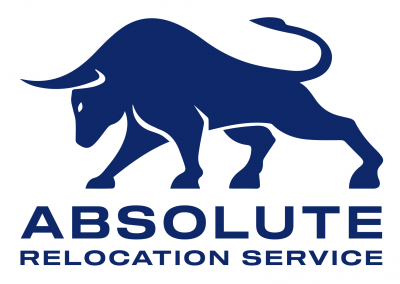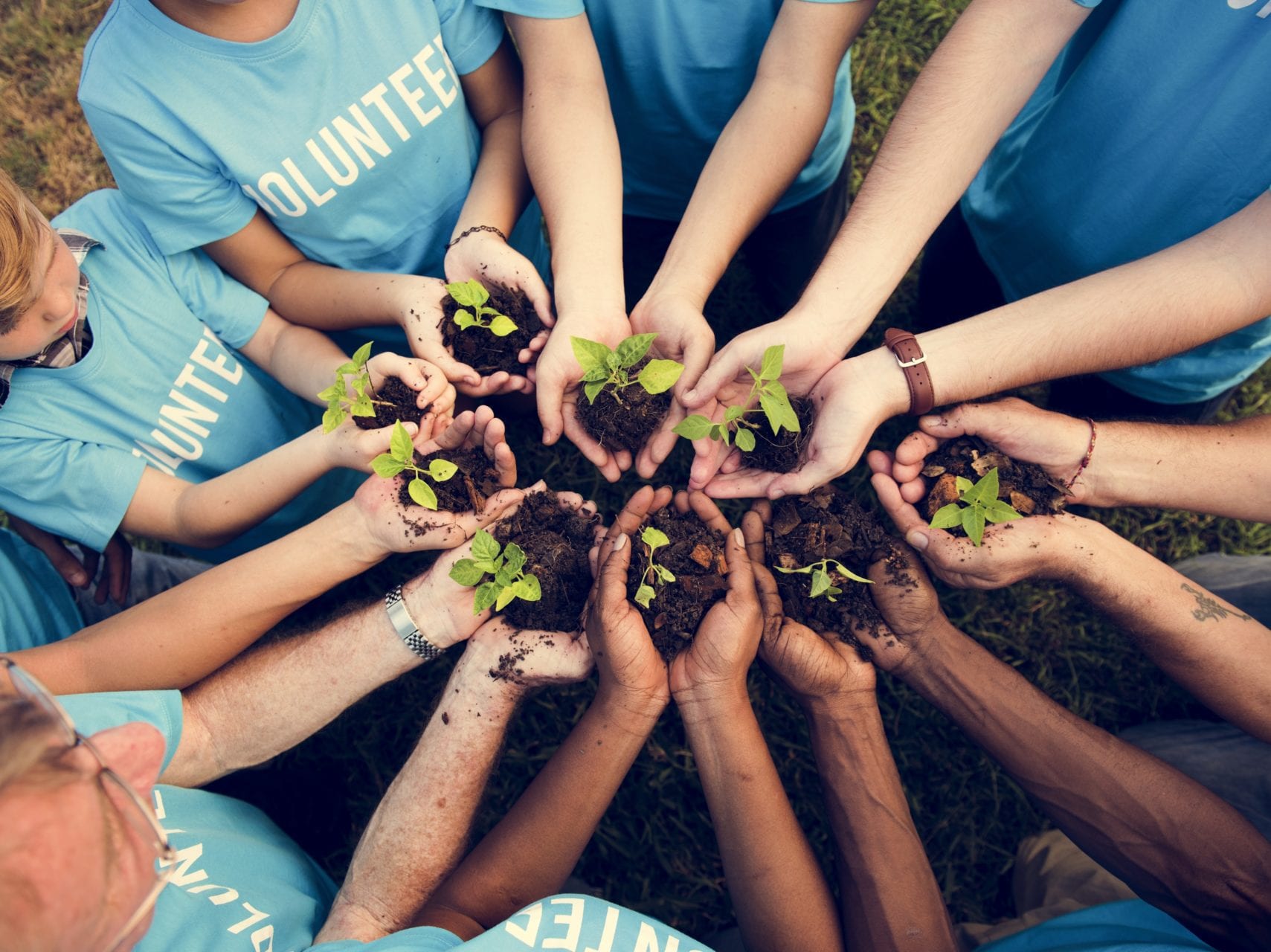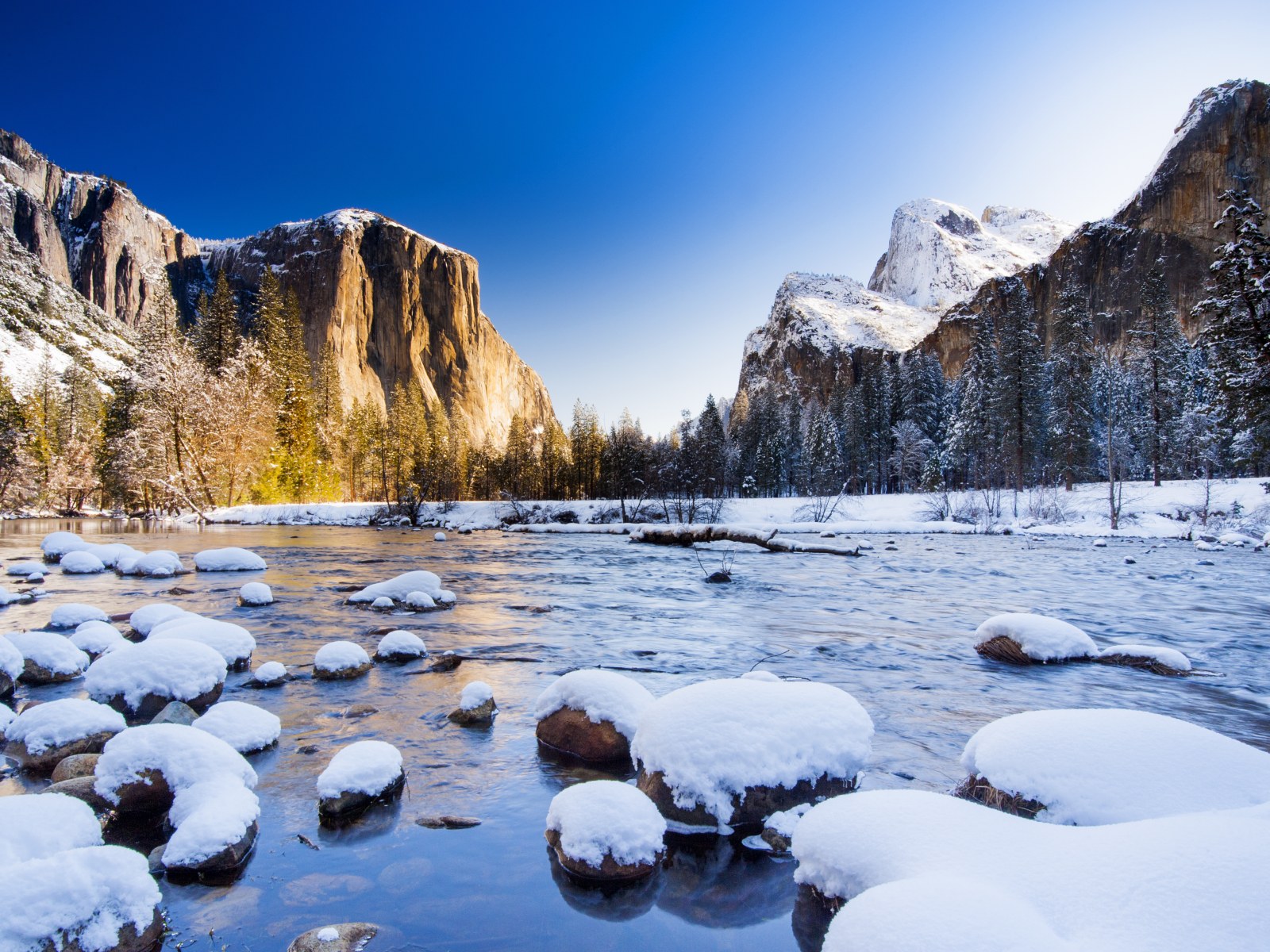Moving with Purpose: Volunteer Opportunities in Hawaii
In Hawaii, volunteering has become an integral part of culture and community life, encompassing various aspects of social activities and the natural environment. This archipelago, with its unique ecosystem and cultural heritage, attracts thousands of people who want to contribute to the preservation of its unique nature and help the local population.
Volunteer programs in Hawaii cover a wide range of areas, including environmental protection, marine life conservation, beach litter cleanups, tree planting, and fighting invasive plant and animal species. There are also projects aimed at social support for local people, including helping the homeless, working with orphanages, and providing food and clothing for those in need.
Volunteering in Hawaii continues to grow in popularity, attracting locals and visitors alike. Volunteers find satisfaction in the fact that their efforts contribute to the environment, social justice, and overall well-being of the islands.
However, volunteering in Hawaii can present a significant challenge. Consideration must be given to the diverse issues and challenges facing the islands, as well as the requirements for program participation, which can vary depending on the organization and the nature of the project. Volunteers must be willing to do physical labor as well as be patient and persistent in meeting the challenges that arise.
Nevertheless, volunteering in Hawaii offers participants not only the opportunity to help the world around them and the local community, but also the unique experience of immersion in the local culture and nature, as well as the satisfaction of contributing to the beauty and uniqueness of this archipelago.
The importance of volunteering in Hawaii

Volunteering in Hawaii plays a significant role in the well-being of the community and the preservation of the archipelago’s unique natural environment. This type of activity has an irresistible impact on the local community, contributing to a variety of social, environmental, and cultural issues.
The history of volunteerism in Hawaii dates back to ancient times when the island society functioned on the principle of “kokua,” which means “help” or “cooperation” in Hawaiian. This principle is closely tied to the culture and traditions of the locals, who have passed it down through the generations over time.
Today, volunteering in Hawaii has grown in scope and encompasses many areas of endeavor. From environmental protection and marine life preservation to social support for local communities and cultural heritage, volunteers are involved in a variety of projects to improve life on the islands.
Hawaii’s diverse regions have their own specific needs and challenges, which is reflected in the development of volunteer programs in each. For example, the more densely populated islands, such as Oahu and Hawaii, are active in protecting nature and helping local communities. While on less populated islands such as Maui and Kauai, volunteering may focus on supporting tourism or regional development.
Because of the strong sense of community and spirit of solidarity, volunteering in Hawaii is actively growing and attracting more people. Participation in volunteer programs allows locals and visitors alike to make meaningful contributions to the island community, to the preservation of its cultural and natural heritage, and to the livability and recreation of Hawaii.
Volunteer Programs in Environmental Protection
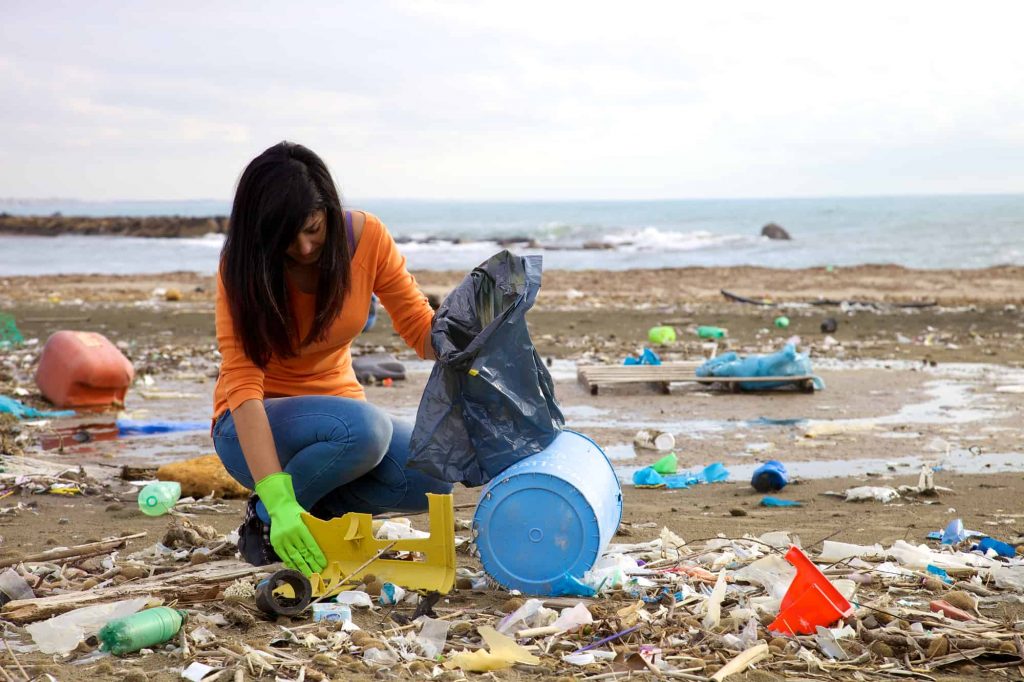
Hawaii has a number of volunteer programs aimed at protecting the environment and preserving the archipelago’s unique ecosystem. These programs play a key role in maintaining a balance in natural processes and principles of sustainable development, as well as ensuring the conservation of the islands’ marine and terrestrial biodiversity.
One of the best known and longest-lived environmental volunteer programs in Hawaii is Malpai Nou. This program was established in 1974 and organized by Malpai Bay Marine Recreation Park (MBNMS) in cooperation with local communities. “Malpai Noe” encompasses a wide range of activities including beach cleanups, reef restoration, marine mammal monitoring, and educating the public about the importance of marine conservation.
Another example of a successful volunteer program is Volunteer Headquarters for Ocean Conservation. This program was launched in 2005 and attracts volunteers from around the world to participate in marine expeditions and research to study and protect the ocean. Program participants monitor the state of marine ecosystems, participate in actions to protect animals and their habitats, and educate the public on the principles of sustainable use of marine resources.
Initiatives by individual organizations and community groups are an important element of environmental volunteerism in Hawaii. For example, the Beach Cleanup is an annual event organized by local non-governmental organizations and volunteer communities that gather to clean up the coastline of trash and marine debris. Through the participation of dozens to hundreds of volunteers, this program manages to collect and dispose of tons of trash, which helps keep the marine environment clean and healthy.
Financial support for environmental volunteer programs also plays an important role in their effectiveness and efficiency. For example, through donations and grants from various organizations, Malpai Nou has been able to conduct a series of scientific studies and environmental projects valued at several million dollars. These funds allowed the program organizers to attract major specialists and specialized equipment to implement complex environmental projects and activities.
Thus, environmental volunteer programs in Hawaii not only play a key role in preserving the unique ecosystem of the islands, but also inspire the community to actively participate in nature conservation and take responsibility for the future of generations.
Animal and Wildlife Conservation Volunteering
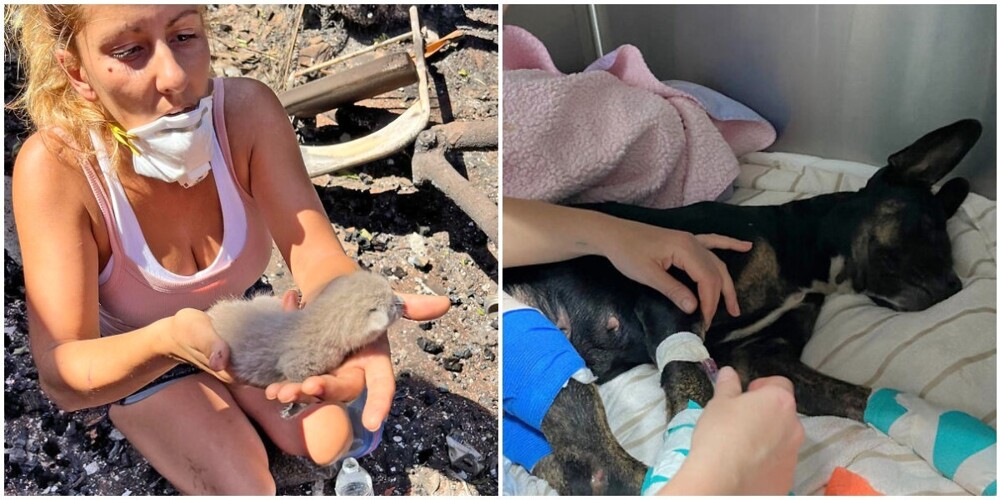
Animal and wildlife conservation volunteerism is an important component of the environmental movement in Hawaii. Numerous programs and initiatives draw volunteers from around the world to help protect and preserve the islands’ unique flora and fauna.
One of the most well-known programs is the Hawaii Wildlife Conservation Volunteers. This program focuses on the conservation and protection of vulnerable marine and terrestrial animal species on the islands. Volunteers help monitor populations of threatened species, conduct habitat restoration work, and assist in caring for injured or sick animals. To participate in the program, you can visit the official Hawaii Wildlife Conservation Volunteers website, which provides detailed information about opportunities and requirements.
Another notable program is Bird Conservation Hawaii. This program focuses on protecting native and endangered bird species. Volunteers participate in monitoring nesting sites, help restore and protect natural habitats, and educate local communities about the importance of bird conservation in Hawaii’s ecosystem. More information about the program can be found on the Hawaii Bird Conservation website.
Also worth mentioning is the Beach Cleanup Volunteers program. This initiative organizes annual actions to clean beaches of trash and marine debris. Volunteers gather at various beaches in Hawaii to help clean up the coast and preserve the marine environment. To participate in beach cleanup events, you can find information on the website of local environmental organizations and communities.
Through the efforts of volunteers participating in these and other programs, Hawaii preserves its unique nature and provides a supportive environment for a variety of animal and plant species. Animal and wildlife conservation volunteerism plays a key role in preserving the richness and beauty of this archipelago.
Social Volunteer Programs: Helping Communities and People in Need
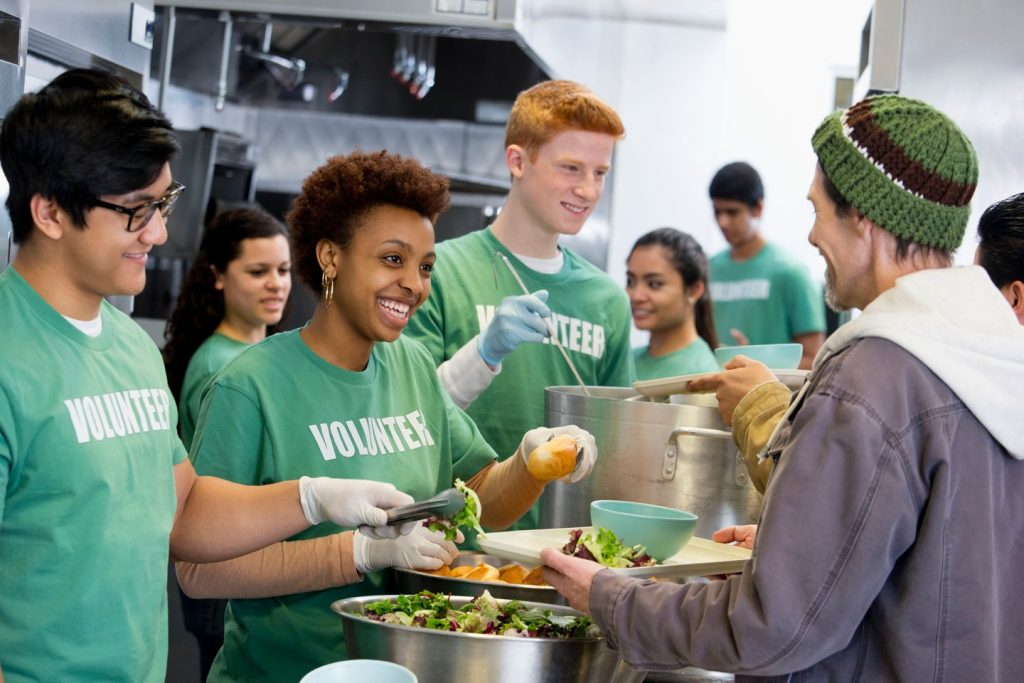
Hawaii has a number of social volunteer programs to help communities and people in need. These programs cover various aspects of social support and provide assistance to people in a variety of situations.
One such program is Food Aid. In this program, volunteers help collect and distribute food for families and individuals in need. They participate in organizing food distributions, working in warehouses, packing and laying out food for further distribution. This program is overseen by charitable foundations, local churches and community organizations.
Another important program is Medical Assistance. Volunteers in this area provide support at medical facilities, assist with medical records, patient care, and provide companionship and treatment to those in need. This program is often overseen by medical facilities and non-profit health care organizations.
“Educational programs for children” also play an important role in Hawaii’s social life. Volunteers in this area help teach classes, support children with special needs, organize clubs and summer camps. These programs promote the development of children and provide additional opportunities for their learning and development.
“Social programs for the homeless” are also an important area. Volunteers help support homeless people, provide them with food, clothing, temporary housing, and help in finding jobs and social rehabilitation. These programs are often overseen by community foundations, church organizations, and nonprofit agencies.
The effectiveness of social volunteer programs is measured by a number of indicators, including the amount of help recipients receive, improvements in their living conditions, and the level of community participation and involvement. Regular reports and reviews, as well as feedback from participants and beneficiaries, help assess the contribution of these programs to society and determine their further development.
Volunteering in cultural and educational initiatives
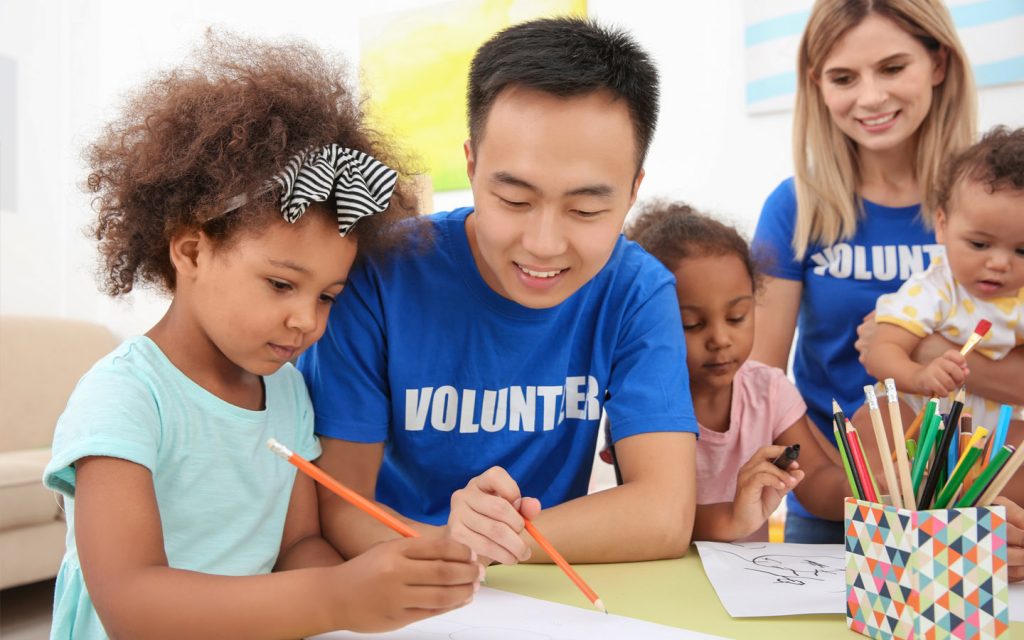
Volunteering in cultural and educational initiatives in Hawaii plays a significant role in promoting the islands’ cultural heritage and educational opportunities for local residents. These initiatives are a variety of programs and projects designed to preserve and promote cultural heritage, as well as to assist in the education and development of local communities.
One of the key areas of volunteering in cultural and educational initiatives is supporting cultural events and festivals. Volunteers are actively involved in the organization and execution of such events, helping with preparation, accommodation, guest services, promotion and other aspects. These events are an important part of Hawaii’s cultural life and attract many participants and spectators.
Cultural and educational volunteer initiatives also include programs to support local art studios, museums, galleries, and cultural centers. Volunteers help organize exhibitions, workshops, lectures and other events, helping to spread art and culture throughout the islands.
Another important aspect is volunteering in educational programs for young people. Volunteers assist with extracurricular activities, summer schools, clubs and camps, providing support and additional educational opportunities for children and teens. These programs foster youth development and build their interests and skills.
Volunteering in cultural and educational initiatives is widely popular among Hawaii residents. Many people see them as an opportunity to not only help the community and local community, but also to expand their knowledge, skills, and experience. Participation in such programs also allows people to feel part of and contribute to the islands’ cultural and educational movement.
Conclusion
To conclude this article on volunteering in Hawaii, I would like to emphasize the importance of this activity to the local community and society as a whole. Volunteer programs play an important role in maintaining the islands’ cultural heritage, protecting the environment, helping those in need, and educating young people. Volunteer efforts make a difference in many areas of Hawaii’s life.
Volunteering not only enhances the quality of life on the islands, but also contributes significantly to the personal development of participants. Participation in volunteer programs allows people to expand their skills, learn about local culture, society and nature, and contribute to solving social and environmental problems.
We see that volunteering in Hawaii is actively growing and involving more and more people who care about charitable and community service. Thanks to their efforts, we can look forward to a better future for the islands and their inhabitants.
However, volunteering requires ongoing support and attention. It is important to continue to develop and improve volunteer programs, attract new participants and create conditions for their active participation. This is the only way we can make a real difference and make the world around us a better and more beautiful place.
Contact us in any way:
Telephone: (954) 773-9667
E-mail: abs@absoluteinc.org
